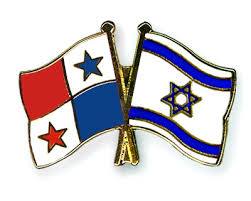The basis for the agreement have been established, with Panama having achieved immediate preferential access for various agricultural and fisheries products, and access through quotas for beef, pineapple, papaya and tropical fruits.
After four rounds of negotiations between teams from each government, a basic document was created setting out the conditions of entry of products and services to each market.
Prensa.com reports that “… immediate preferential access was recognized for several traditional agricultural and agro-industrial products such as vinegar, coffee, palm oil – both crude and refined oil-, frozen beef, bovine residue for frozen hamburger meat, rum, cassava, flour and fish powder, and beer among others. ”
“… The Ministry of Trade and Industry (Mici) noted that some of the sea food products for which it was possible to get immediate preferential access were: sole, skipjack or, cobia, fresh or chilled tilapia, mackerel, lobster, crab, smoked shrimps, salmon, sardines, tuna, crabs and shrimp (prepared or preserved). ”
“… The most representative products in the Panamanian exportable supply in which access by quotas agreed were: beef (fresh or chilled), a quota of 300 metric tons was achieved; pineapples, one thousand metric tons; papayas 500 metric tons; and tropical fruits (nance, tamarind, breadfruit, pixbae soursop), 500 metric tons. “
